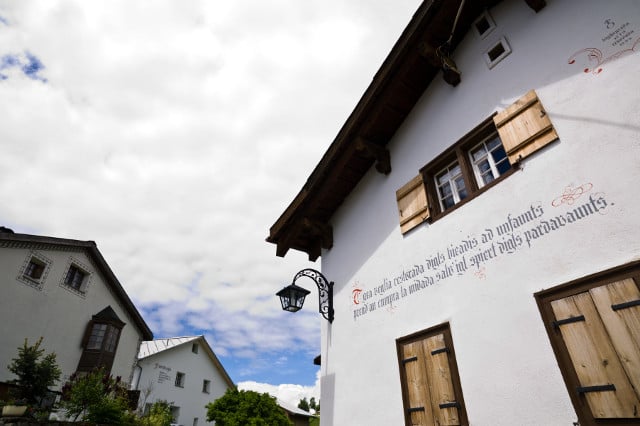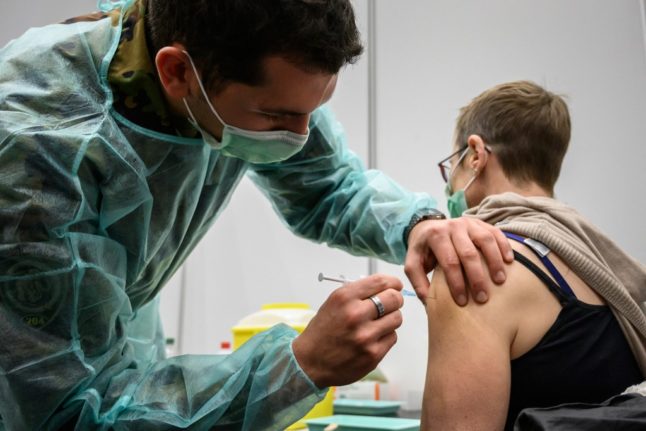This makes Graubünden the first Swiss canton to start administering booster shots for everyone.
Swissmedic approved booster jabs for everyone over the age of 16 on November 23rd, however the Federal Vaccination Commission has not yet handed down an approval.
READ MORE: Switzerland approves Covid-19 boosters for everyone over 16
While this is expected in the coming days, many Swiss cantons have dismantled their vaccination infrastructure since the summer and are therefore not ready to start the booster shots for the general population.
Graubünden Health Director Peter Peyer said the canton wanted to roll out booster shots as soon as possible to minimise the potential impact of a fourth wave of the virus.
“We can see that the booster vaccinations are useful and greatly increase vaccination protection again. We want to boost as much as possible,” Peter told Swiss news outlet SRF on Thursday.
“The (hospital) staff have been overworked for months and we have to show that we are ready to change the situation. Otherwise we will lose more employees. And that would be devastating.”
REVEALED: Where are Switzerland’s Covid hotspots right now?
Graubünden has one of the highest vaccination rates in Switzerland, with 68.5 percent of the population receiving at least one shot of the vaccine. Switzerland’s national average is 67.05 percent.
This high rate makes Graubünden relatively unique among German-speaking, non-urban cantons, which have the lowest vaccination rates in the country.
How do I get it?
You can get your booster jab in the same way you got your first and second dose.
Booster shots are administered by the canton in which you live.
For more information about booster shots in Switzerland, including who is eligible and how to get one, please check out the following link.
READ MORE: Covid booster vaccinations in Switzerland: What you need to know



 Please whitelist us to continue reading.
Please whitelist us to continue reading.
Member comments